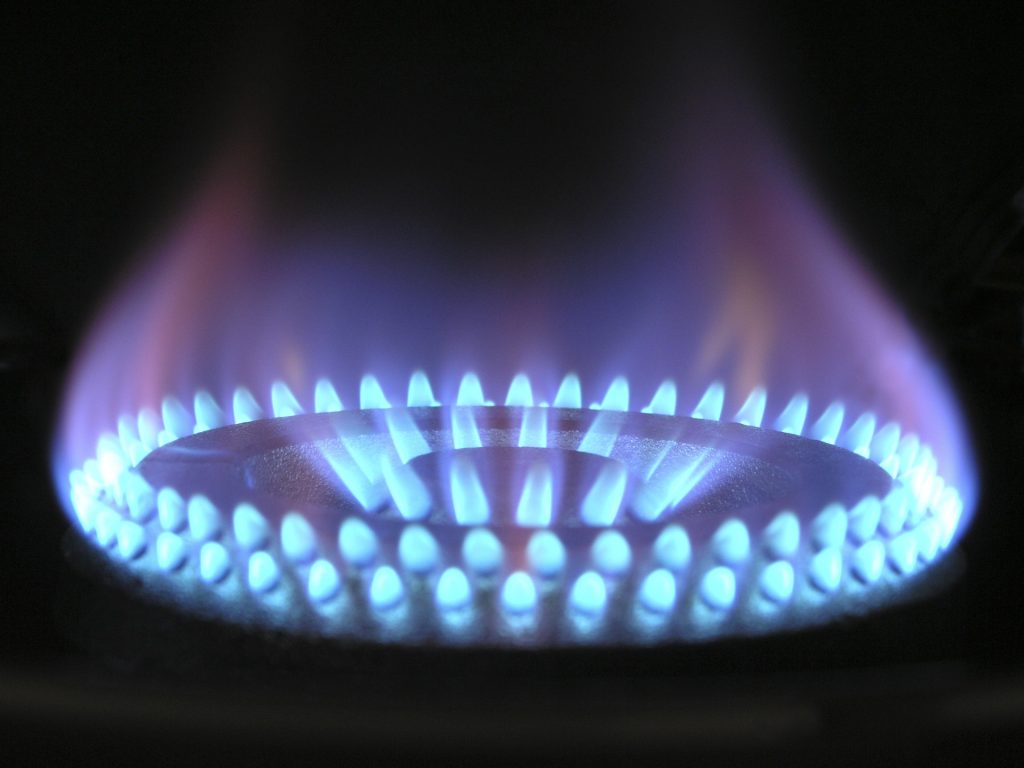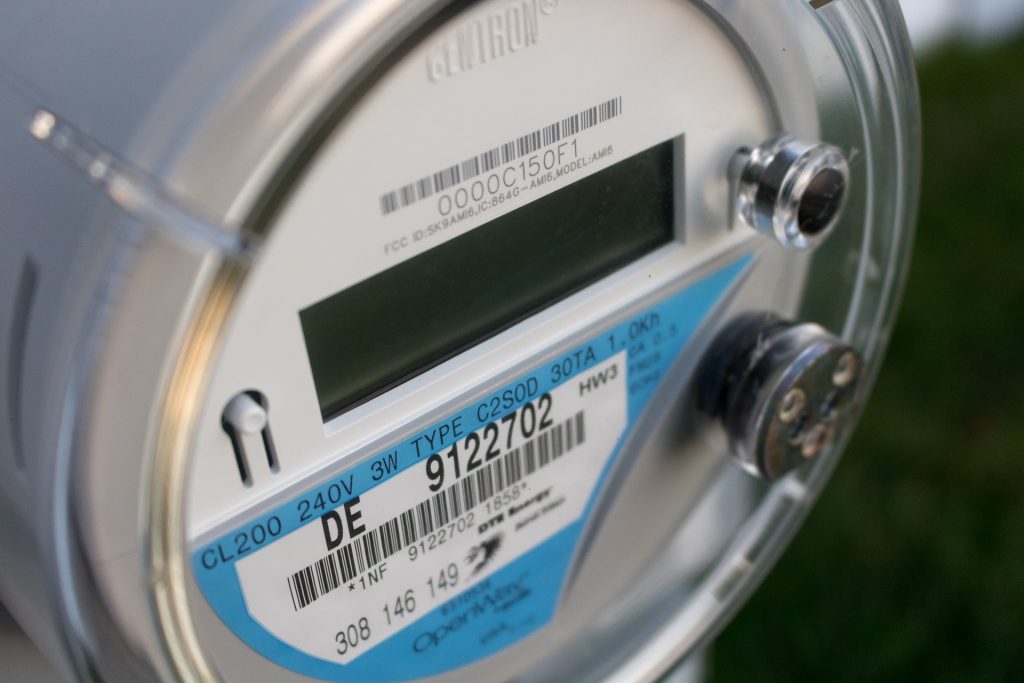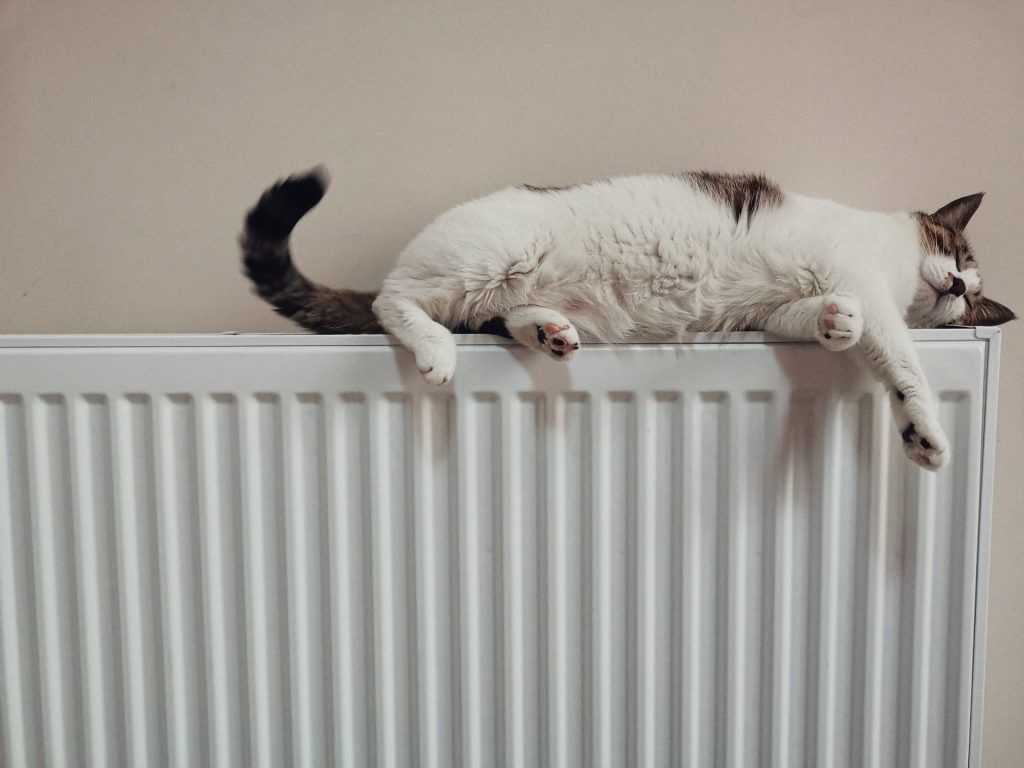 - minute read
- minute read

Gas and electricity might be your most important bills of all – they keep you warm, cook your food and fuel your Netflix binging sessions. This article explains how you set up gas and electric bills, as well as how to take a meter reading and find your supplier. We’ve also covered who is responsible for what and answered a handful of FAQs for gas and electricity bills.
Before agreeing to a tenancy contract, you should know exactly who’s paying for what. If you’re responsible for gas and electric bills, then you’ll need to choose an energy supplier, pick a plan, get in touch and then start paying for these bills.
When you first move in, energy will be provided by whoever the previous tenants chose. If you stick with these suppliers, then you should take a meter reading and give them a call as soon as possible (more on this below).
You can find the best gas and electric deals by shopping around on sites like Money Supermarket. When it comes to utility bills, loyalty doesn’t exactly pay, with suppliers often being willing to incentivise new customers with cheaper rates and other added bonuses.
When it comes to setting up utility bills, it’s simply a case of giving the utility company a call and letting them know that you want to become their new customer. It’s likely that the energy supplier will send you a letter in the post letting you know that the previous tenants were customers and to set up everything up. What’s even more convenient is that they’ll handle the switch-over, so you don’t need to let your old supplier know.
Below, we’ve gone through the steps that you should take in the build-up to contacting your gas and electricity supplier.
The first thing you’ll want to do is find where your gas and electricity meters are so you can take a reading (you’re best off doing this on the day you move in).
Your gas and electricity meters will usually be located under the stairs, near the front of the home or in a meter box just outside of your home. If you’re struggling to find them, then get in touch with your landlord or letting agency and ask whereabouts they’re hidden away.

There are two types of meter to look out for:
Your electric meter will display usage in kWh, while your gas meter will display usage in m³ or ft³. All meters will display numbers slightly differently, but what you’re looking for is a four or five digit number with a measurement unit next to it.
Once you’ve read your meters, you’ll want to pass them on to your energy supplier. If you’re contacting your energy supplier for the first time, then they’ll create you a new account and answer any questions you might have. You’ll also want to let them know the date you moved in. They’re likely to set you up with a standard tariff which can end up being the most expensive. This is why you should shop around for better deals first.
You can find out your electricity supplier by contacting the electricity distribution company for your region. These companies and their phone numbers are listed in the table below:
| Region | Distribution Company | Number to Call |
|---|---|---|
| London, East and South East | UK Power Networks | 0845 601 5467 |
| North East England (including Yorkshire) | Northern Powergrid | 0845 070 7172 |
| North West England | Electricity North West | 0800 195 4141 |
| South Wales, Midlands and South West | Western Power Distribution | 0845 601 5972 |
| Southern England | SSE Power Distribution | 0845 026 2554 |
| Northern Scotland | SSE Power Distribution | 0800 048 3515 |
| Southern Scotland | SP Energy Networks | 0330 101 0300 |
You can find your gas supplier by using Find My Supplier. All you need to do is give your address!
Consumer protection laws state that if a tenant pays directly for their energy then they have the right to switch suppliers. Despite this, Ofgem found that less than one in four tenants who are able to switch have ever done so.
If nothing is clearly stated in your contract, then it’s worth checking with your landlord as they might be open to a switch, especially if you can show some evidence of how it’ll potentially save them some money.
There are a handful of things that your landlord will need to keep control of. This should all be made clear in your tenancy agreement. If anything isn’t quite stacking up then double-check with your landlord!
There are a few circumstances in which your landlord has the right to choose the gas and electric supplier. These circumstances include:
One thing for certain is that using a bill splitting company will save you heaps of time and effort.
The benefits of doing this, rather than setting up your bills with numerous different suppliers include:
With Resooma Bills, we bundle household bills – including utilities, Wi-Fi, TV and council tax into a single monthly bill. For minimal stress and maximum relaxation, let us do all the work and organise bills for you.
If you’re renting a property in the UK and are responsible for paying the bills then yes, you do have the legal right to switch suppliers. Check your tenancy agreement if you need any clarification on this. If your contract states that bills are included in the rent then your landlord will instead choose who supplies the energy.
The situations where you don’t have the right to switch include:
As long as you’re responsible for paying the bills, then you’re equally within your rights to switch the meter. In most cases, tenants choose to switch from prepaid meters (which tend to be more expensive) to standard or smart meters. Smart meters in particular are a great 21st-century choice and come with heaps of advantages, including making your bills more accurate.
When you move out, you may need to change the meter back. We’d also recommend letting your landlord know if you do plan to swap the meter over. This is because they may consider it as ‘altering the property’, something which most contracts don’t allow.
No they aren’t. As a new tenant, your gas and electricity bills shouldn’t be any higher than they were for the previous tenant. The only exception to this is when your landlord has recently switched suppliers and prices have risen for whatever reason. If this is the case, then there are plenty of ways to reduce your energy bills.
Tenants must be given access to heating in every room they rent, along with a boiler for hot water. Here’s the full list of what heating-related rights for tenants include:
The answer to this can get a little murky. While landlords can’t prevent you from having access to heating and can’t ban things such as electric fan heaters if you have no central heating, they could action a ‘no fault’ eviction notice if they disagree with your use of fan heaters.
What’s more, while some form of heating is necessary for tenants, there’s no rule which says that landlords have to provide their tenants with access to the controls.

Your landlord is legally obliged to provide you with an Energy Performance Certificate. This will give your rental property an energy rating from A to G. All rental properties need to have a rating of E or higher.
That’s the only legal responsibility your landlord has to your bills. If your tenancy agreement states that you’re responsible for the bills then your landlord can’t stop you from switching suppliers to find a better deal. Similarly, your landlord doesn’t have to help you set up with a new energy provider.
Already sorted your house but need to set up bills? We can help with this too – we set up and split utilities for you. Get a free quote for your utilities here.



All your utility bills in one monthly payment, split between housemates
Get a quote


All your utility bills in one monthly payment, split between housemates
Get a quoteFinding his article helpful? We’ve got plenty more helpful articles on there way. Join our Savvy Sunday mailing list